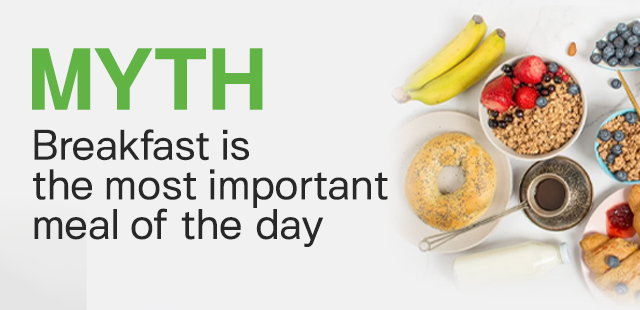Thought for Food – A Series on

As our country is growing rapidly, our population is getting ever so busy with education, career, finances, and social image taking center space of attention. Often, health and nutrition take a backseat, especially in our young and middle age group.
Nutrition is the gateway to health. Learning about the food you eat and its impact on your body is crucial as more and more illnesses are now being found to have their roots in poor food habits. Obesity, diabetes, and heart disease are ravaging the population in pandemic proportions. Poor knowledge of nutrition is one of the main contributors to the problem.
We will address many aspects of nutrition in this new series. Unfortunately, food habits and beliefs are overflowing with superstition, half-facts, influence from corporations, and political biases. Thus it is often challenging to find scientifically sound and evidence-based information about nutrition.
We will start by discussing some myths about food that are at large and attempt to address them.
Myth : 3 Meals per day is ideal
Truth: There is no evidence to support this claim. In the ancient tribes which are in existence even today, this notion is absurd. This likely appeared as modern ways of life set in the past few hundred years only. Eating within 8 to 12 hours of the next meal does not provide adequate time for the insulin levels to get low enough. Over many years, this has created a condition of insulin resistance, a precursor to diabetes.

Myth: Breakfast is the most important meal of the day
Truth: There is no real data to back up this claim. People who do not have breakfast have never been proven to have any disadvantage over those who don’t. On the contrary, extending the period of ‘fasting’ through the night provides a low insulin state facilitating fat burning from the body stores. In all likelihood, breakfast is a meal just like any other.
Myth: Fats are fattening
Truth: Repeated studies have failed to link fatty foods to obesity or diabetes. In fact, dietary fats do not cause a sharp insulin increase response as do carbohydrates and proteins. Large studies have failed to demonstrate a link between heart disease and dietary fats, and have also shown a mild cardioprotective role.

Myth: All calories are the same regardless of the source
Truth: Different foods have different metabolic effects on the body. Junk foods drive up insulin without having much nutritive value. Insulin causes fat deposition and thus weight gain. Foods like fruits and vegetables have different metabolic profiles even within the same calorie count, they provide more nutrients, a lower insulin surge, and a lesser propensity for weight gain.
Myth: I exercise, so I can eat whatever I want
Truth: You can never outrun a poor diet. Exercise without proper nutrition can increase hunger and may cause you to gain more weight. Nutrition is more important for maintaining a healthy weight although exercise is essential for overall health, strength & wellness. Nutrition and weight loss cannot be reduced just to calories in & calories out or eating less & move more.
In future blogs, we will break down the topic and provide practical tips for our readers.
Note: This article is not intended to be an exhaustive scientific source but a practical guide. The views are based on the research available at the moment but should not be taken as definitive as they are our own. It is out of the scope of this article to include references to the studies. For a deeper understanding, you may approach our medical team at Rajeshwar Hospital.